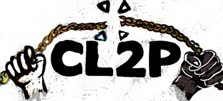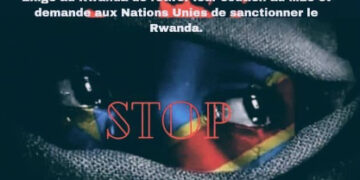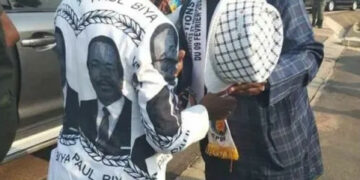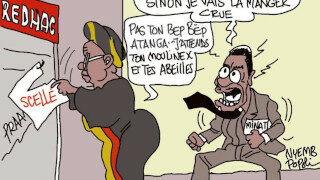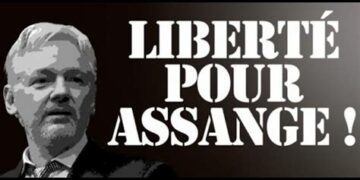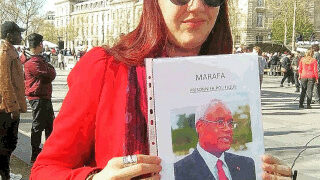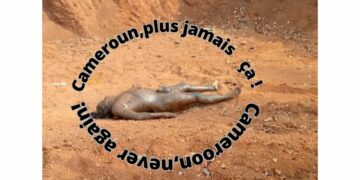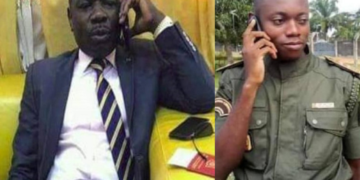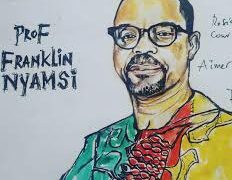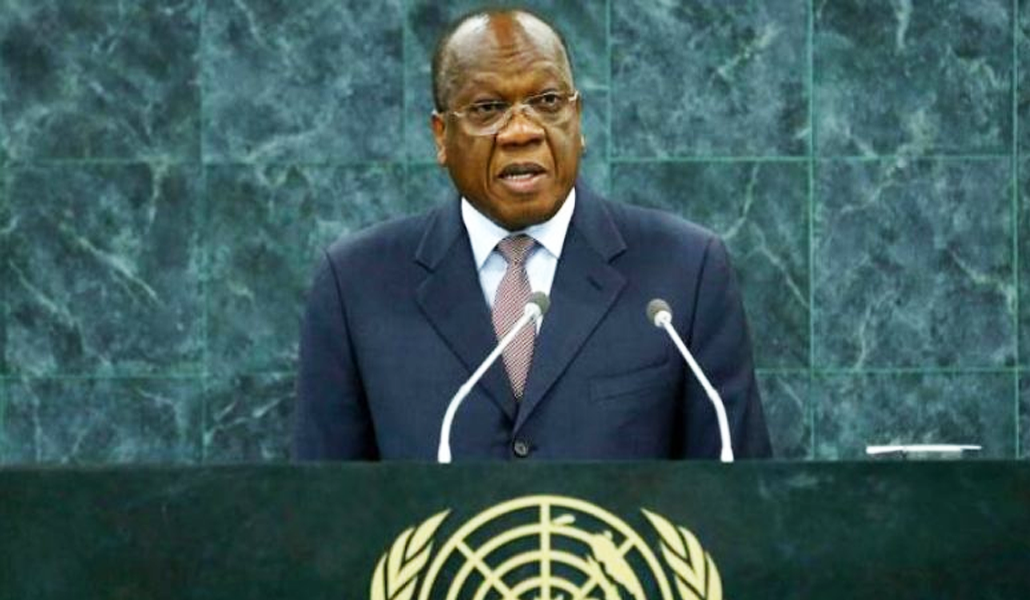The report provides information on major political and security developments in the Central African region within the past six months. And says this about the current situation in Anglophone parts of Cameroon:
“In Cameroon, social unrest continued in the North-West and South-West regions over the imposition of the French language in judicial, educational and other fields. While the initial protests in late 2016 were related to grievances expressed by unions representing lawyers and teachers, accusations expanded to include historical, political and economic discrimination against the Anglophone population.
Numerous clashes with security forces took place, along with ongoing general strikes (also referred to as “ghost towns”), arrests of Anglophone activists and an Internet blackout in the two regions (from 17 January to 20 April 2017).
Government efforts to appease those tensions at the outset were not successful. On 17 January, it banned the activities of the Cameroon Anglophone Civil Society Consortium and the secessionist movement, the Southern Cameroons National Council, accusing them of conducting actions contrary to the Constitution and aimed at undermining State security. Leaders of the Consortium, Nkongho Felix Agbor-Balla and Fontem Aforteka’a Neba, were also arrested on 17 January, and journalist and activist Mancho Bibixy on 20 January.
All three face charges of terrorism and, if convicted, could face the death penalty under the country’s anti-terrorism law of February 2014. The trial of the three lead activists and five others, all civilians, commenced on 13 February at the Yaoundé military tribunal.
On 7 April, the court adjoined the case of 25 other defendants. Meanwhile, another military tribunal was held, in the case of a reporter for Radio France Internationale, Ahmed Abba, whom the government alleges to have colluded with Boko Haram. He has been in detention since 30 July 2015. The defendant, who pleaded not guilty, was sentenced to 10 years in prison on 20 April 2017.
On 15 March, the President of Cameroon, Paul Biya, appointed the president and 13 representatives of the National Commission for the Promotion of Bilingualism and Multiculturalism, which he established on 23 January.
The Presidency also contacted the Cameroon Anglophone Civil Society Consortium on 17 March, expressing willingness to engage in dialogue to address their grievances. Moreover, on 30 March, the Minister of Justice unveiled a number of measures taken by the Government to address the crisis, including the creation of a common law section at the École nationale de magistrature, English law departments at a number of universities, the redeployment of magistrates according to linguistic criteria, and the appointment of additional Anglophone magistrates at the High Court.
Those steps were deemed insufficient by the striking lawyers and the leadership of the Consortium, who continued to demand the immediate release and pardon of those detained and the restoration of Internet service in the two regions where it had been blocked. Internet service was restored on 20 April.”
The report fails to mention how the President contacted the Consortium (which by March had long been outlawed by Biya’s government) and also given that its leaders were abruptly arrested in the middle of talks with the government on January 17.
It also does not mention who were the leaders President Biya was “willing to dialogue with” either – the ones in detention or the interim ones. It is our firm believe at the Cameroon Journal that the cosmetic measures being taken by Biya’s regime in “resolving” this crisis are nothing short of a joke. We believe in earnest dialogue and reiterate that such dialogue can only commence when all those civilians being unlawfully held in Yaounde (far from their homes) and standing kangaroo trials in a military court, are unconditionally released
By Ndikum Jerald, cameroonjournal.com
